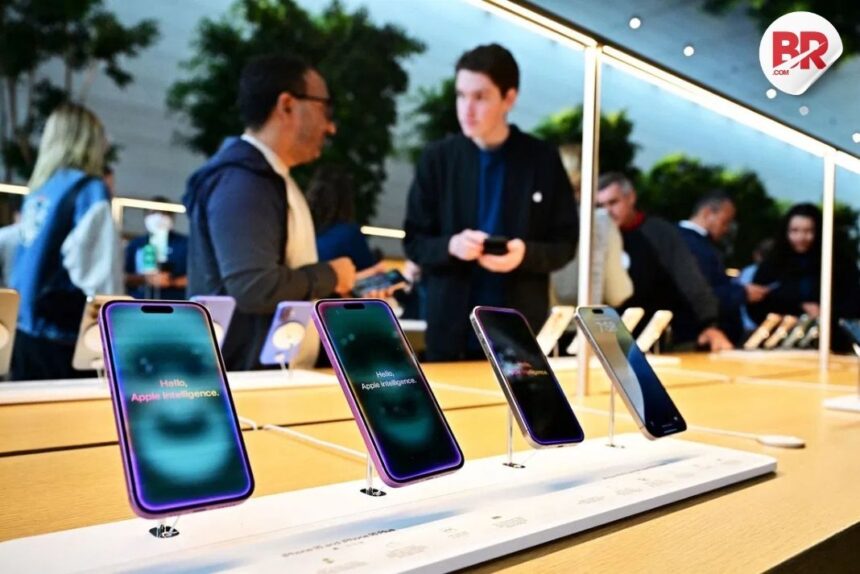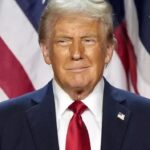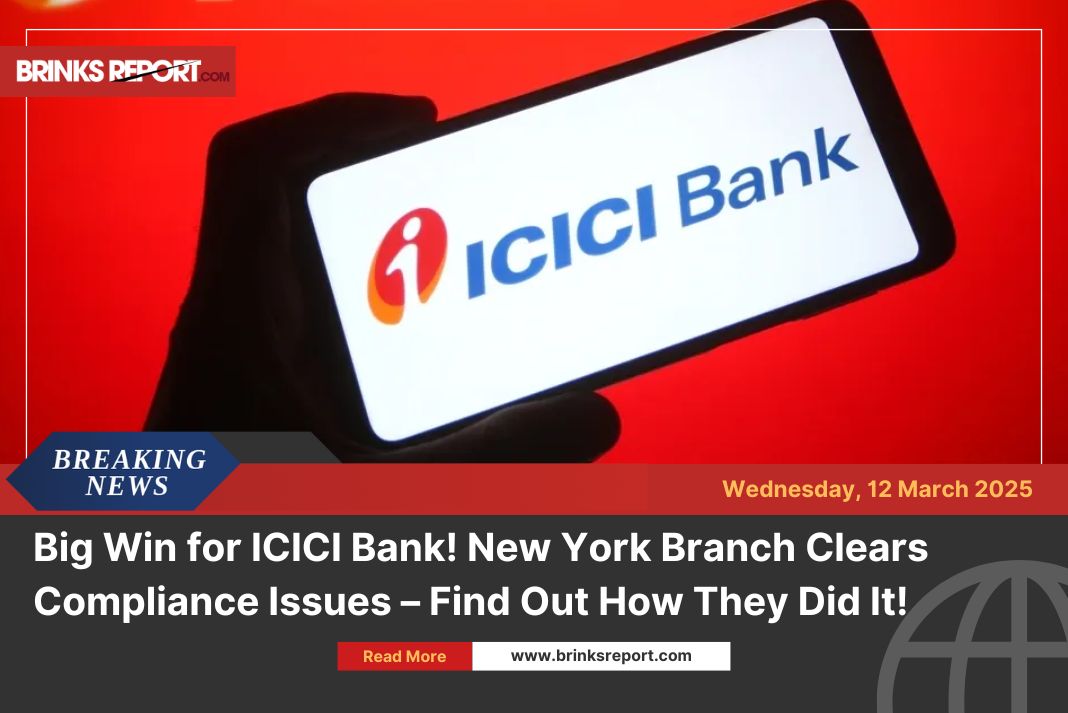
U.S. iPhone Sales Surge Amid Tariff Panic
It’s April 8, 2025—and Apple Stores across the U.S. look more like holiday hotspots than regular Tuesday mornings. Long lines. Empty shelves. Frantic customers. The reason? Fear of a massive price spike due to a proposed 54% tariff on Chinese-made electronics.

Most iPhones are still made in China, and if the Trump administration’s proposed tariffs are enacted, the cost of an iPhone 15 could jump from $999 to over $1,500 overnight. That fear alone has caused a retail frenzy, catching both Apple and its shoppers off guard.
“It feels like December in here,” said one employee at Apple’s iconic Fifth Avenue store in New York. Another noted, “Almost every customer asked if prices were going up soon.”
What’s Fueling the Rush?
The announcement came fast and loud. As the U.S. government ramps up its trade war rhetoric with China, Apple stock has already lost $500 billion in just three days—its worst drop since 2001.
Customers aren’t waiting around to find out what happens next.
Ambar De Elia, a tourist from Buenos Aires, explained, “I saw the news and bought my sister’s iPhone 15 today—who knows what it’ll cost next month?”
The concern isn’t just paranoia. Analysts are warning that Apple may be forced to pass on the tariff costs to consumers, making high-end iPhones significantly more expensive.
Read More: Biggest iPhone 16 Deal Yet: Exchange & Bank Offers Make It a Steal
Apple’s Swift Response
Apple isn’t sitting still. While the company hasn’t issued a formal press statement, insiders report a three-pronged strategy:
-
Inventory Boost: Apple is stockpiling devices in U.S. warehouses to delay price hikes.
-
Production Diversification: More manufacturing is moving to India and Vietnam—countries that avoid the 54% tariff.
-
Margin Management: Apple might eat some of the costs to avoid scaring away loyal customers.
Currently, only 10% of iPhones are made in India, but that number could increase fast. Meanwhile, Vietnam is expanding its role in producing AirPods and Macs.
Also Read: Prosecco Panic: U.S. Tariff Threatens to Wipe Out Italian Wine Icons
Market Impact and Consumer Behavior
Wall Street is reacting strongly. The stock market saw a major dip after the announcement, with ripple effects hitting global tech stocks.
What’s more fascinating is how fast consumer psychology changed. Even though the tariffs are only proposed, the idea of an overnight price hike was enough to cause panic buying.
People who hadn’t planned to buy new iPhones are now lining up “just in case.” It’s a lesson in how policy uncertainty can affect consumer behavior in real-time.
This isn’t just about Apple—it’s about how global supply chains and political decisions shape what ends up in our shopping carts.
Also Read: 35,000 Jobs at Risk: US Tariffs Squeeze South Africa’s Citrus Lifeline












